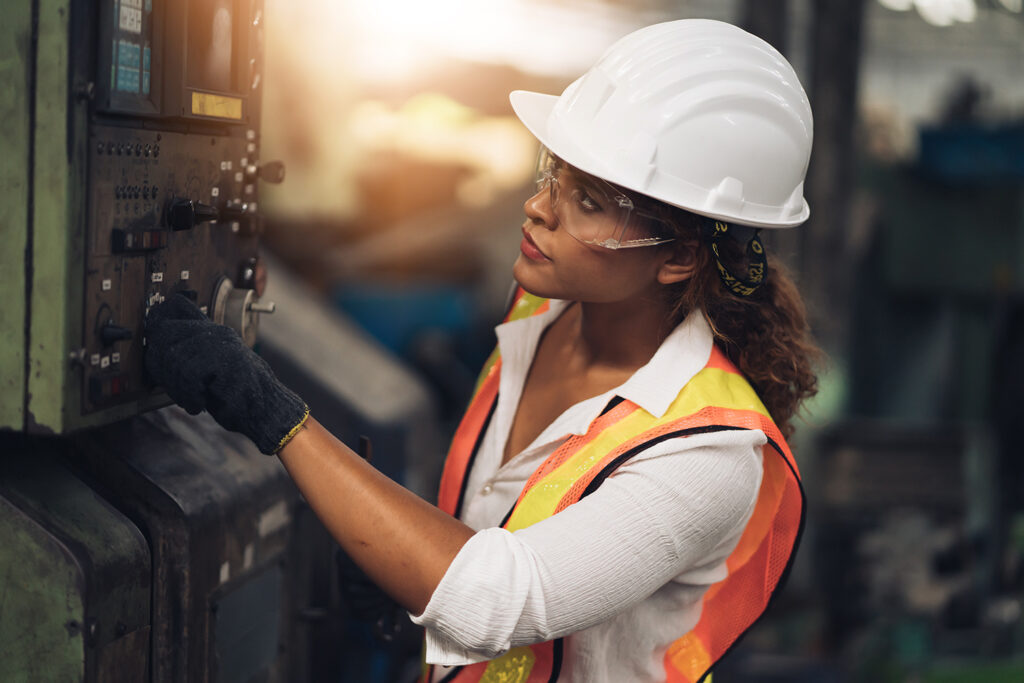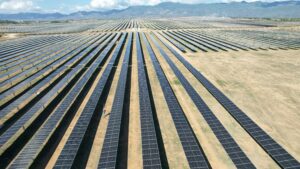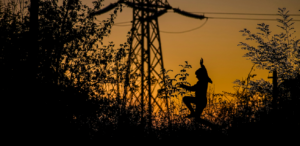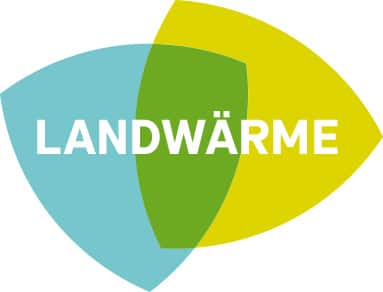‘Gender blind’ energy transition cannot be just, fair, or sustainable

Energy is one of the most gender unequal sectors in terms of working force in the sector and human capital producing research & innovation to advance the transition to low carbon/renewable sources. Women are underrepresented in both traditional and emerging renewable energy sectors, at all levels, which means women do not get the same opportunity as men have to actively create pathways to sustainable ‘greening’ of the economy. They are being excluded as researchers, innovators, entrepreneurs, decision makers, and consumers from the huge investments channelled towards achieving a zero-carbon future.
Barriers to inclusion
The JRC report on Employment in the Energy Sector highlights that perception of gender roles and industry-wide workplace culture remain the most important barriers to entry for women in energy; besides recruitment, other areas where women face challenges in the wider energy sector include retention, promotion, advancement, and leadership. The exclusion of women from energy transition efforts can have a strong negative impact on Europe’s capability to successfully navigate the unprecedented and tumultuous social changes that transition to a low carbon world will create. This was highlighted in the European Parliament study on Women, Gender Equality, and the Energy Transition in the EU and in the EIGE report on Gender and Energy.
Energy transition as a gendered socio-technological innovation ecosystem
There is a need to apply a gender lens to the discourse on what research, innovation and education interventions are needed to achieve energy transition since evidence is available that consideration of gender can be missed in important contexts. gEneSys is a new research and innovation Horizon Europe project, which conceptualises energy transition as a dynamic, gendered, mission-oriented socio-technical innovation ecosystem with several ‘subsystems’: technological, policy, social, environmental, governance, and economic, each with particular and potentially conflicting values and power relations. In each subsystem, the decision-making powers are in the hands of men, as demonstrated by the JRC indicators scoreboard monitoring progress on implementing the EU Gender Equality Strategy. Progress will require that the Commission lives up to its commitment to gender mainstreaming in the EU budget, across all programmes and institutions.
Need for gender knowledge on the impact of energy transition
Many communities are negatively affected by technological solutions that ignore social and environmental impacts. The needs of people who live on land designated to host wind farms or solar farms, or where the use of land is changed for biofuel crop cultivation are often ignored.
At this time, the implementation efforts linked to the European Green Deal prioritise clean energy pathways that protect the employment of mostly male workers in the old fossil fuel sectors. At the same time, ‘gender blindness’ characterises half of the SDGs. Critically, the aim of SDG 7 to “ensure access to affordable, reliable, sustainable, and modern energy for all” has no gender indicators or gender targets, and only 1% of research literature on SDG 7 includes considerations of gender issues. Renewable energy projects alone cannot achieve gender and social equity, because energy interventions do not automatically tackle the structural dynamics embedded within socio-cultural and socio-economic contexts.
Ensuring that energy transition is just, fair and sustainable
gEneSys responds to the recommendations made by the Group of the Chief Scientific Advisers to the European Union that “the transition to carbon-neutrality must be just and fair”. The EU Just Transition Mechanism stresses that all possible mechanisms should be deployed to “mitigate adverse consequences of energy transition actions”. The aim of gEneSys in the next three year is to transform gendered interrelations of power and inequalities in the transition pathways to sustainable energy systems by recognising and removing sources of inequality and exclusion and by demonstrating that gender equality can be both a driver and a benefit of energy transition efforts. gEneSys aims to work with any sister European project that is promoting equality, diversity and inclusion in energy sector, such as the DG CINEA-funded Study on gender balance in the R&I field to improve the role of women in the energy transition, the LEAP-RE partnership on renewable energy between European Union and African Union programme, and the Lights on Women initiative.
Join forces with gEneSys to help integrate gender equality into energy transition
For more details on what gEneSys will do please visit the website and contact the Consortium if you are interested in collaboration or have any questions or queries, please email the gEneSys project coordinator at genesys@irpps.cnr.it

Dr Elizabeth Pollitzer
Related contents
Stay in the know
Get the Lights on Women newsletter.







